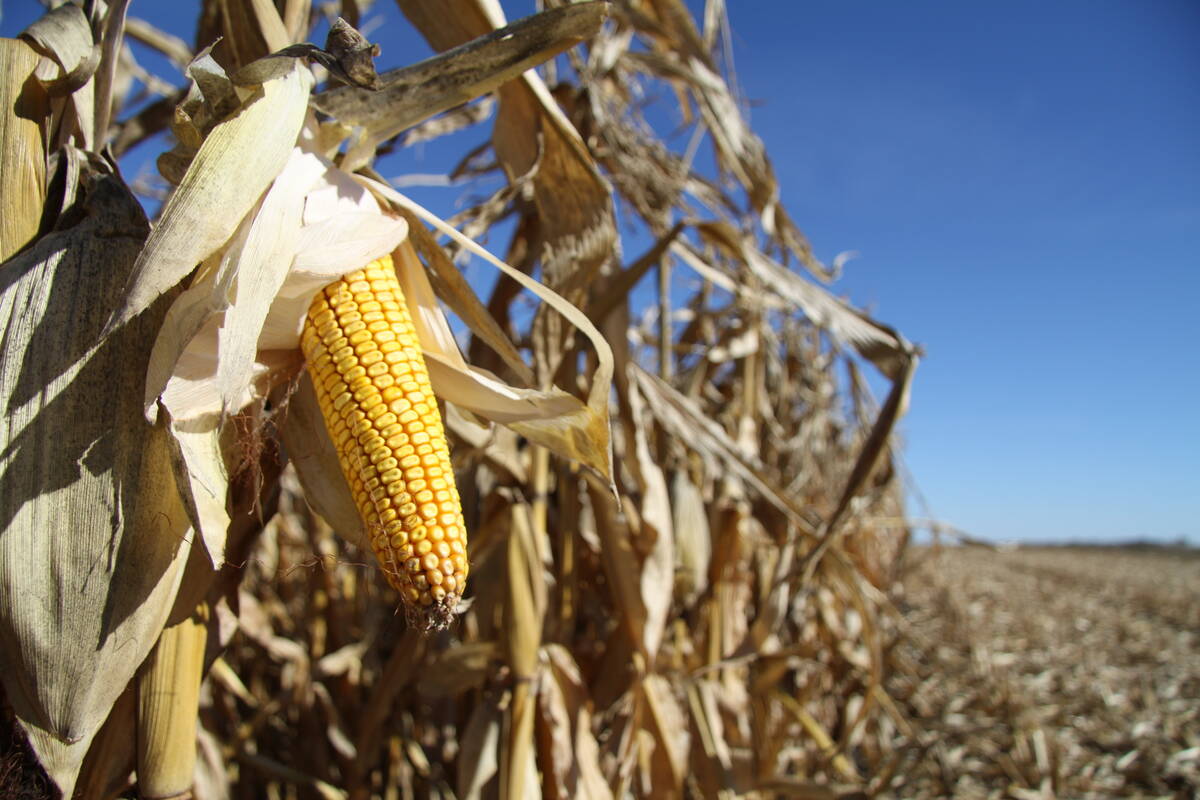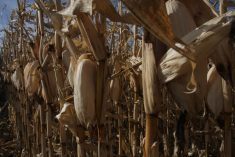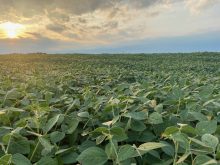BUENOS AIRES, Argentina (Reuters) — Farmers in Argentina, one of the world’s top grain suppliers, are set to favor corn over soybeans in the upcoming 2025-26 season, said the head of the SRA agricultural association, citing higher export taxes on soybeans and subdued prices and margins.
The South American country is the world’s top exporter of processed soy oil and meal and No. 3 for corn, with its production levels having an impact on global prices.
SRA president Nicolás Pino said stronger prices for corn and lower domestic taxes versus soy were key factors for farmers as they planned for the next campaign. Planting for corn and soy starts in September.
Read Also

Crop quality looks good this year across Prairies
Crop quality looks real good this year, with the exception of durum.
“Many producers will opt to plant corn, which has a better price, lower tax burden and other uses,” said Pino, also a farmer.
However, he said soy output could still beat this season’s expected 50 million tonnes, given a good weather outlook, while corn should beat this season’s 49 million tonnes.
“There will be a high planting intention,” he said.
The balance would likely tilt toward corn, though, after Argentina ended a temporary tax cut for soy this month, lifting export tariffs to 33 per cent on soybeans and 31 per cent on soymeal and oil from 26 per cent and 24.5 per cent, respectively. Corn is taxed at 12 per cent.
Global prices for both soy and corn are also dampened, putting extra focus on tax rates and margins.
“In a scenario where soybeans are worth less worldwide, close to $370, if you add high tax pressure to that loss of value, the numbers are really tight,” said Pino, who added that some farmers who plant soybeans in rented fields — more than 60 per cent of the total — were facing the risk of bankruptcy.
Pino called on Argentina’s business-friendly libertarian president, Javier Milei, to lower export taxes to boost production, a campaign pledge the government has delayed given weak state finances and the need for farm export dollars.
“To regain competitiveness, tax withholdings have to be zero, straight to zero,” said Pino, saying that the taxes, which are higher than neighbouring producers such as Brazil, had weighed on production for years and left output from the sector “stagnant.”
Argentina’s total grain production is expected to hit 136 million tonnes in the ongoing 2024-25 season, according to the major Rosario grains exchange.
“Given the attitudes the national government has been taking, I have no doubt that the path it proposes is to reach that zero,” he said.
“The issue for us farmers is that at times it feels like time is running out.”















